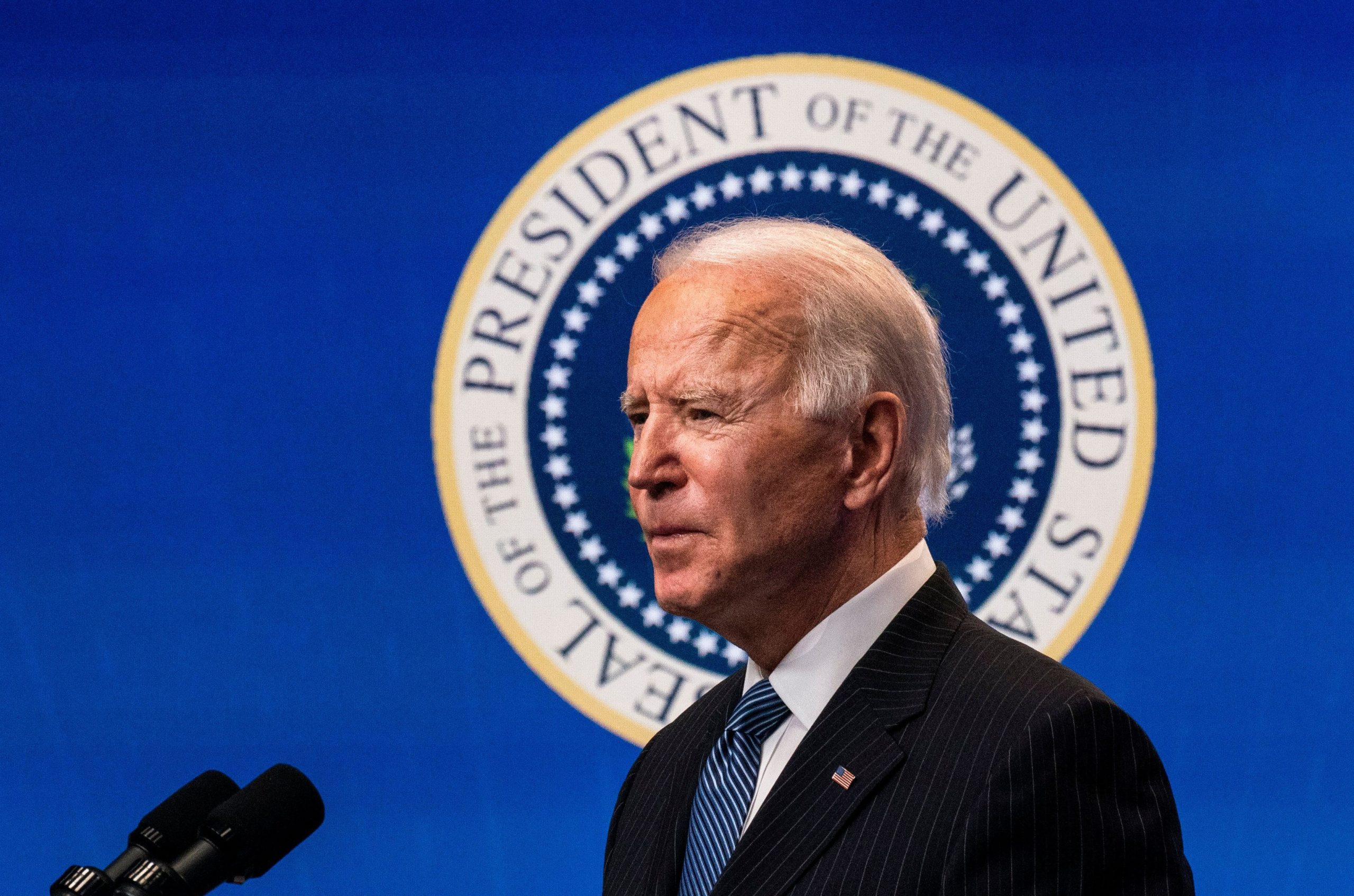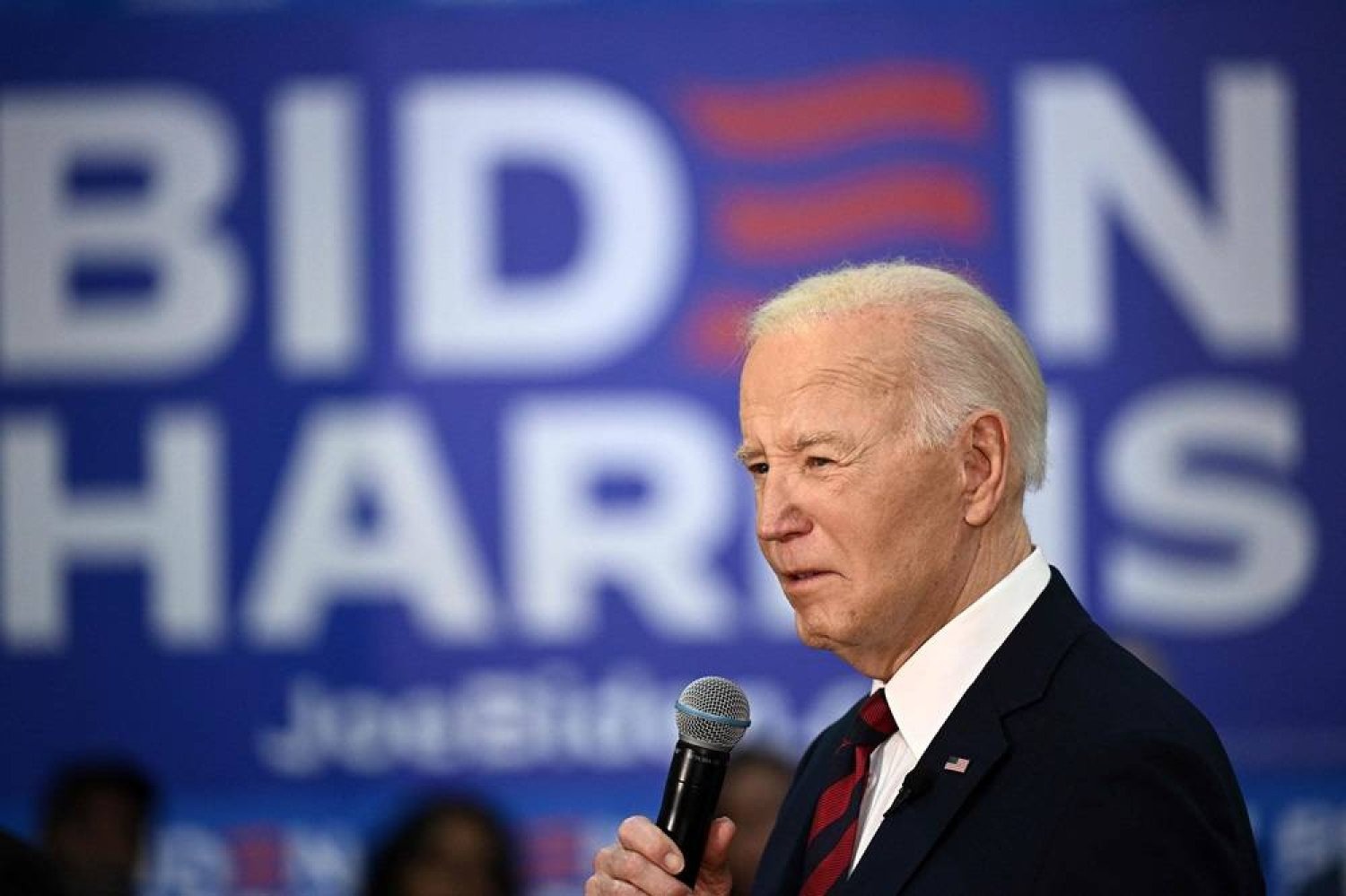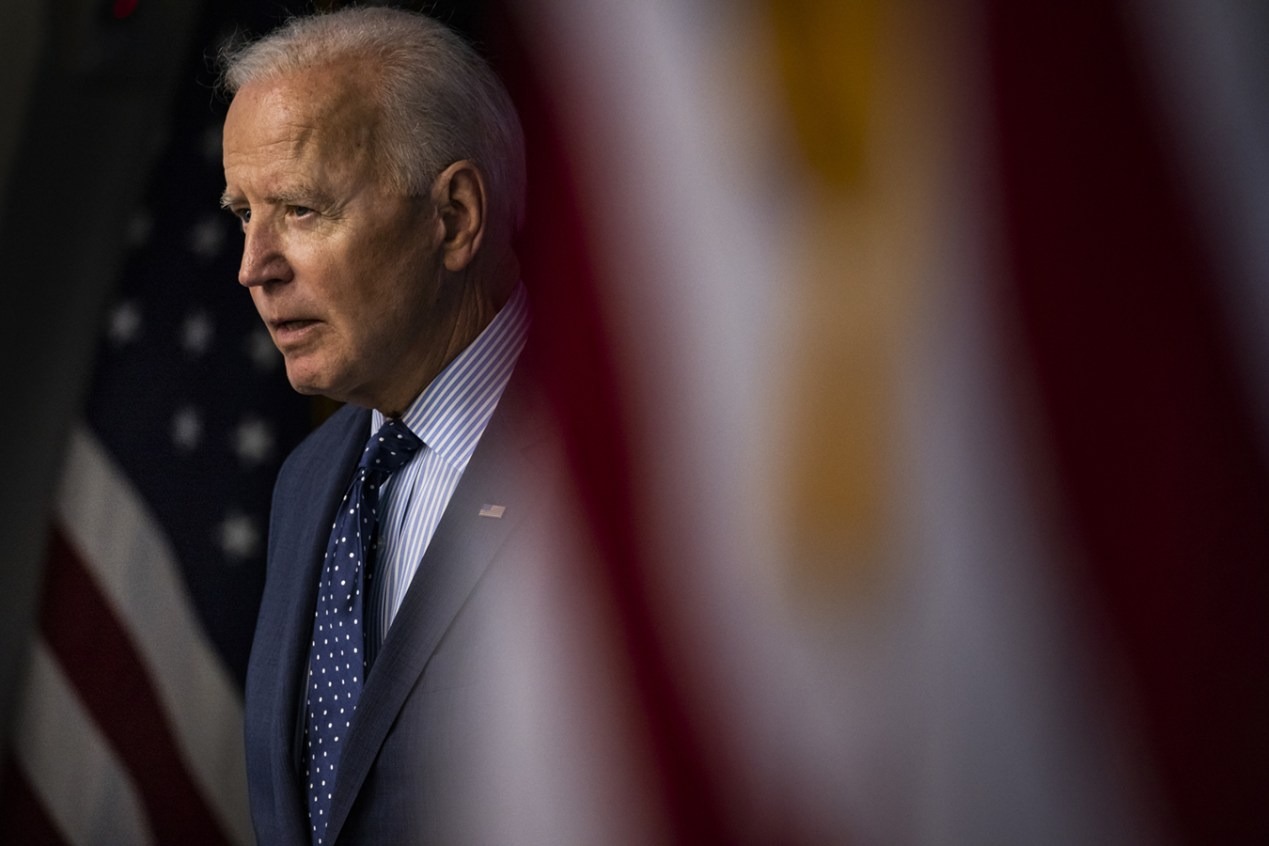Republican Michael Gallagher and Democrat Raja Krishnamoorthi, members of the U.S. Congress, have jointly called on the Biden administration to place seven Chinese biotech companies on a Defense Department list that identifies firms believed to be collaborating with China’s military.
Their concern, highlighted in a letter to Defense Secretary Lloyd Austin dated March 29, revolves around the potential for biotechnology to bolster the Chinese military’s capabilities, including developing synthetic pathogens.
The Department of Defense acknowledged the receipt of such communications but did not provide further details, stating that responses are directed to Congress members privately.

The President of the United States (Credits: New York Magazine)
Meanwhile, the Chinese Embassy in Washington, through spokesperson Liu Pengyu, criticized the U.S. stance, urging an end to the suppression of Chinese companies based on unfounded allegations and suggesting the U.S. reflect on its biotech military enhancements.
This request signals increasing apprehension in Washington regarding China’s biotech advancements. There’s legislative momentum aimed at preventing federal agencies from engaging with companies like BGI and WuXi AppTec to hinder China’s access to sensitive American genetic and health-related data.
Reports have surfaced about WuXi AppTec’s alleged unauthorized transfer of U.S. intellectual property to Beijing, fueling the call for scrutiny. The Pentagon’s listing of WuXi AppTec as a military-affiliated entity does not trigger immediate restrictions but tarnishes the reputation of the companies involved and serves as a caution to U.S. businesses contemplating partnerships. It also potentially prompts the Treasury Department to consider sanctions.

Biden Campaign (Credits: Asharq Al-Awsat)
Gallagher and Krishnamoorthi specifically mentioned Innomics and STOmics, believed to be BGI subsidiaries, suggesting their inclusion on the list. BGI Genomics, part of the BGI Group, was previously added in 2022.
Allegations against BGI include its global distribution of prenatal tests, developed in cooperation with China’s military, to gather genetic data from women worldwide for extensive population trait research.
BGI has defended itself, stating it operates independently of the Chinese government and military and upholds human rights standards. Additionally, they addressed the claims about STOmics, emphasizing its operation as a U.S.-based entity with no ties to China’s military.
Origincell and Vazyme Biotech were also named for their alleged military connections and biotech activities. Despite these assertions, BGI maintains its separation from Chinese military affiliations.
This initiative underscores a broader effort to safeguard U.S. national security interests and intellectual property against perceived threats from China’s military-civil fusion strategy, particularly in the cutting-edge biotech sector. The dialogue around these concerns reflects the intricate dynamics of international tech and security relations as lawmakers and officials address these issues.























